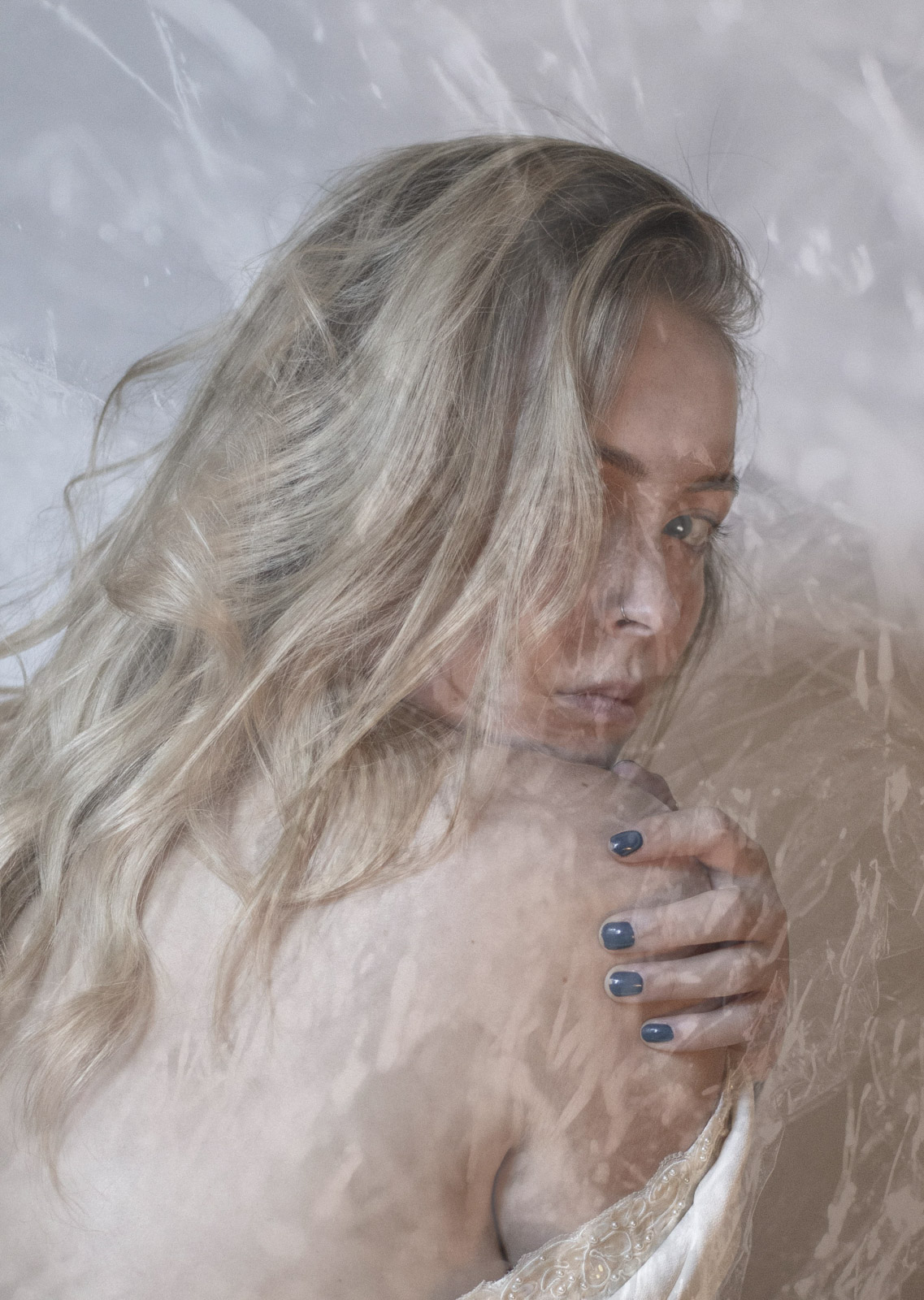
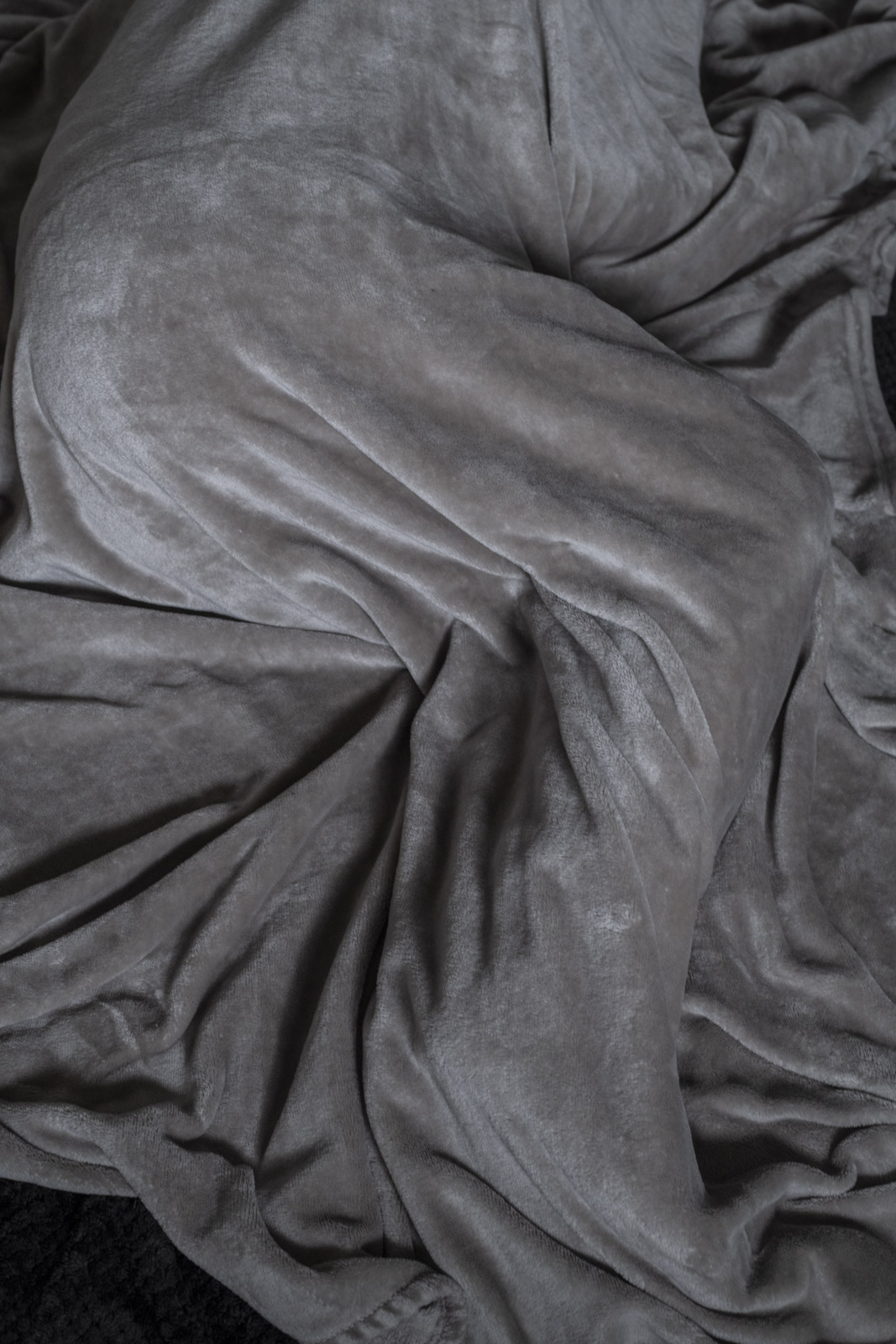
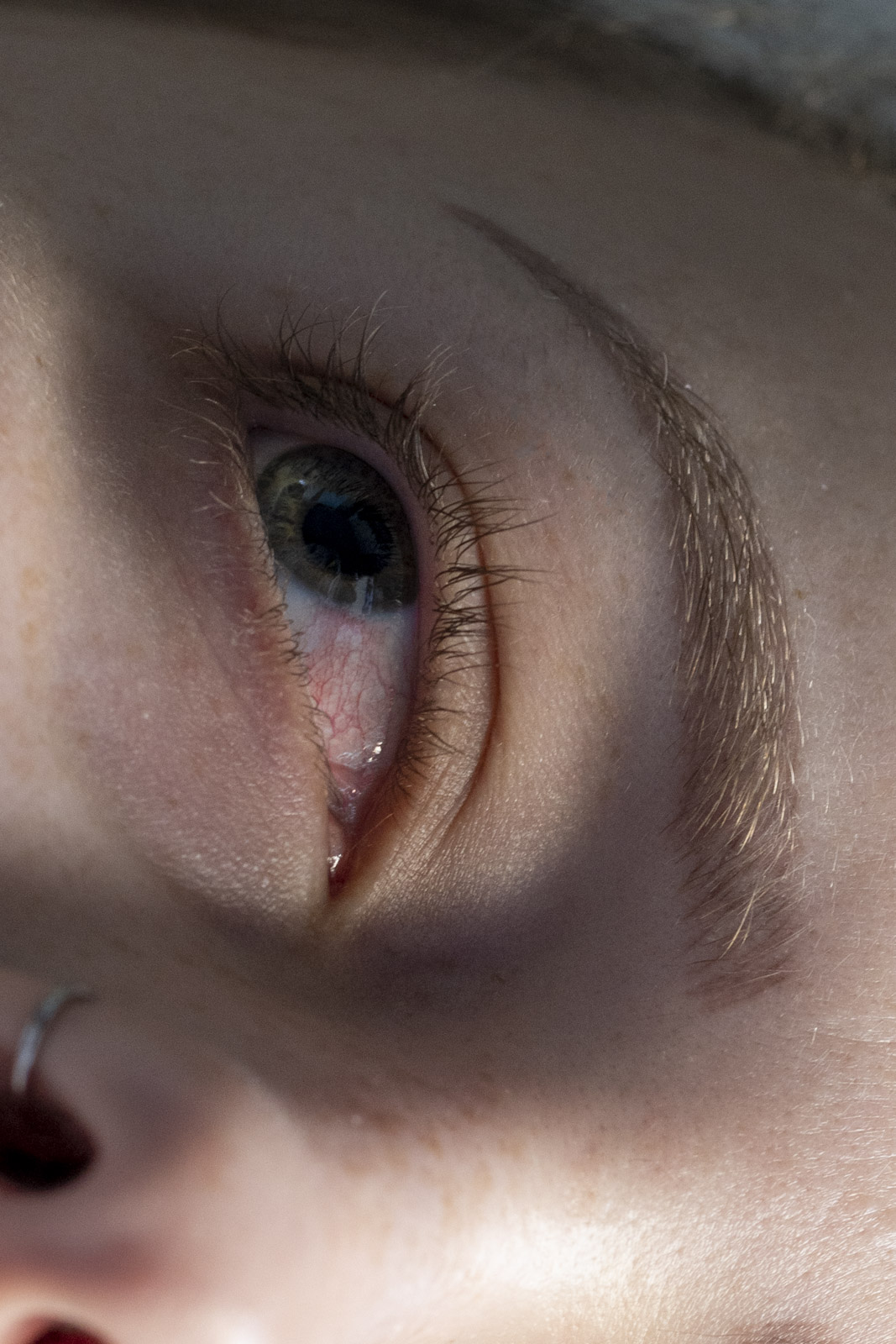
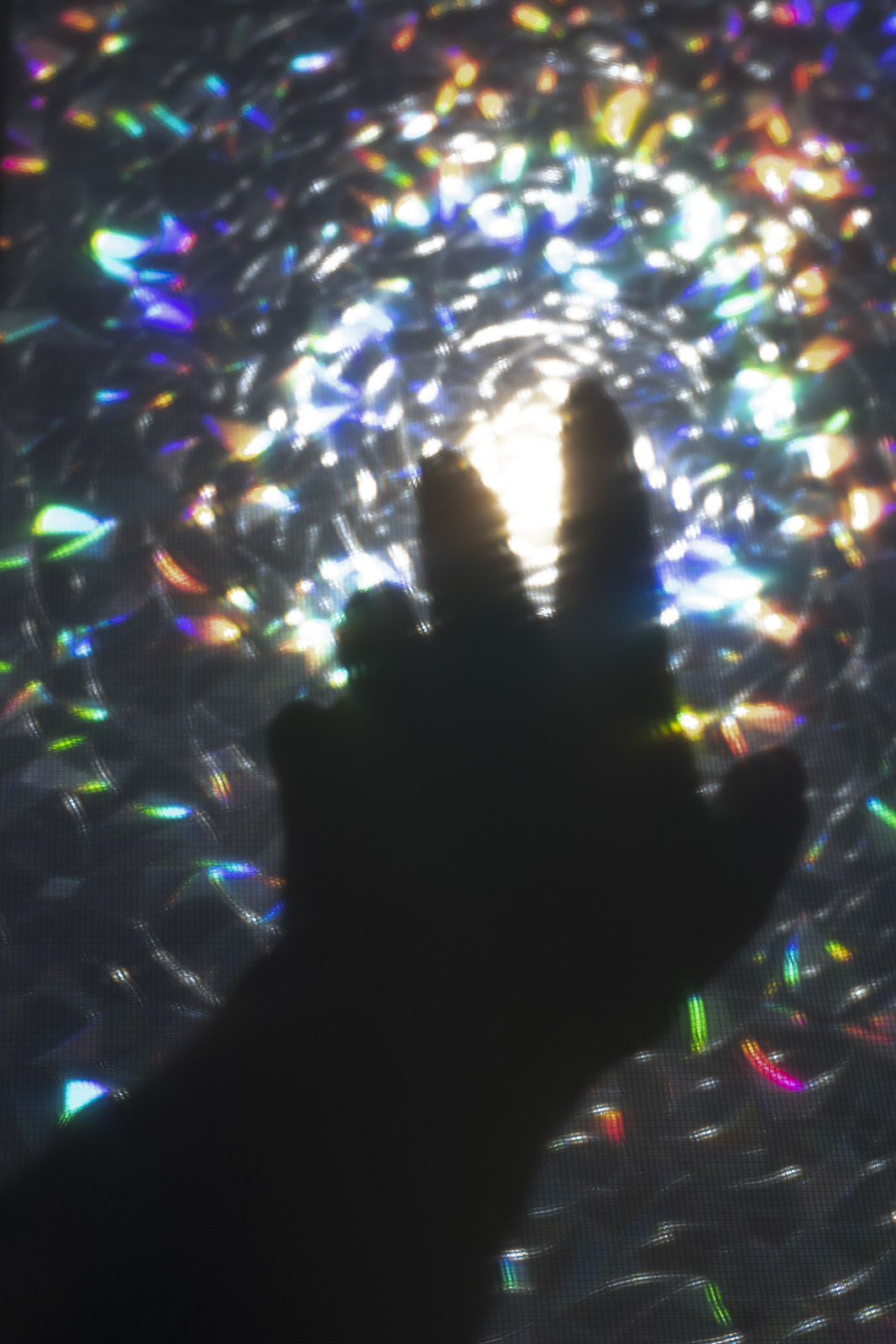
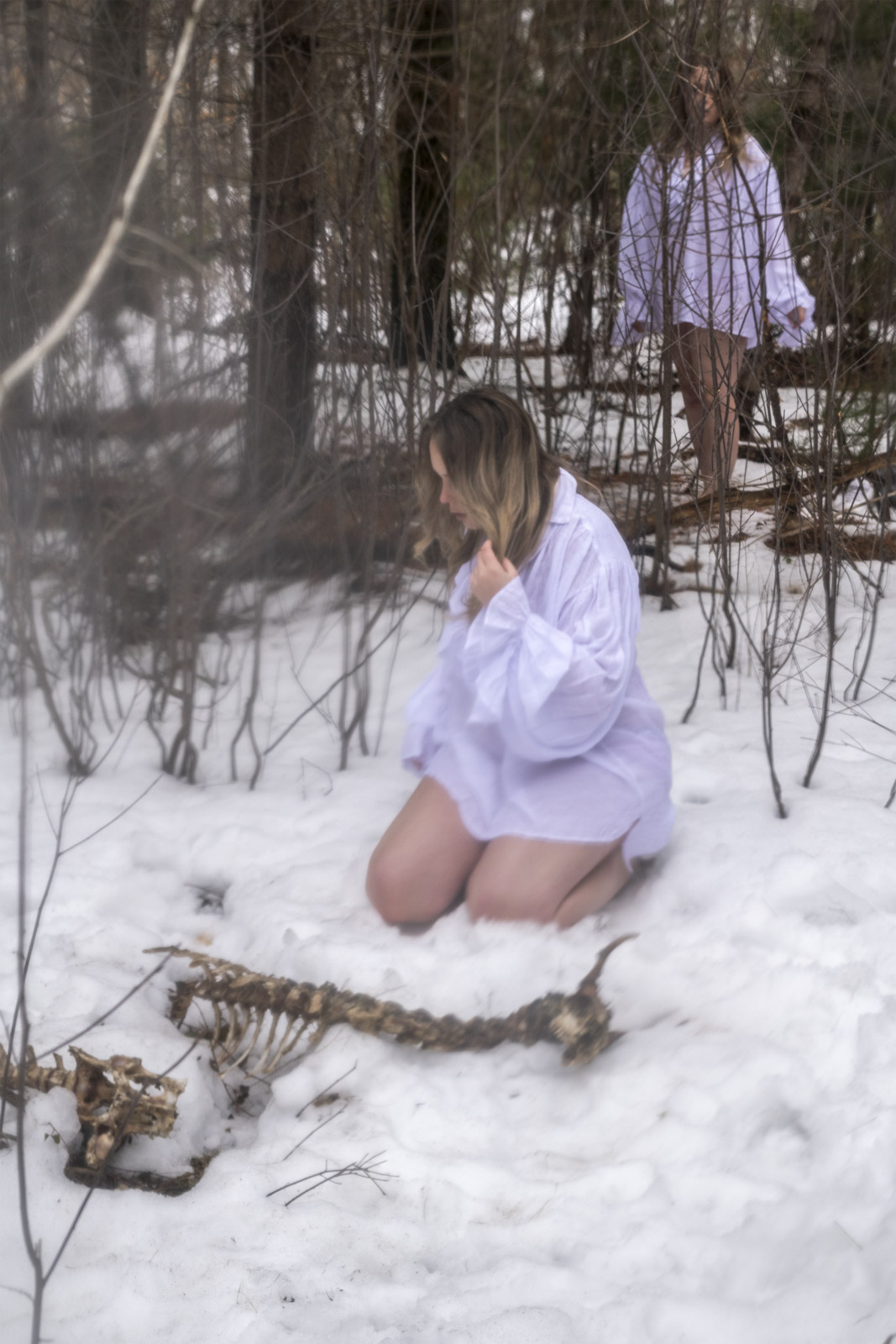
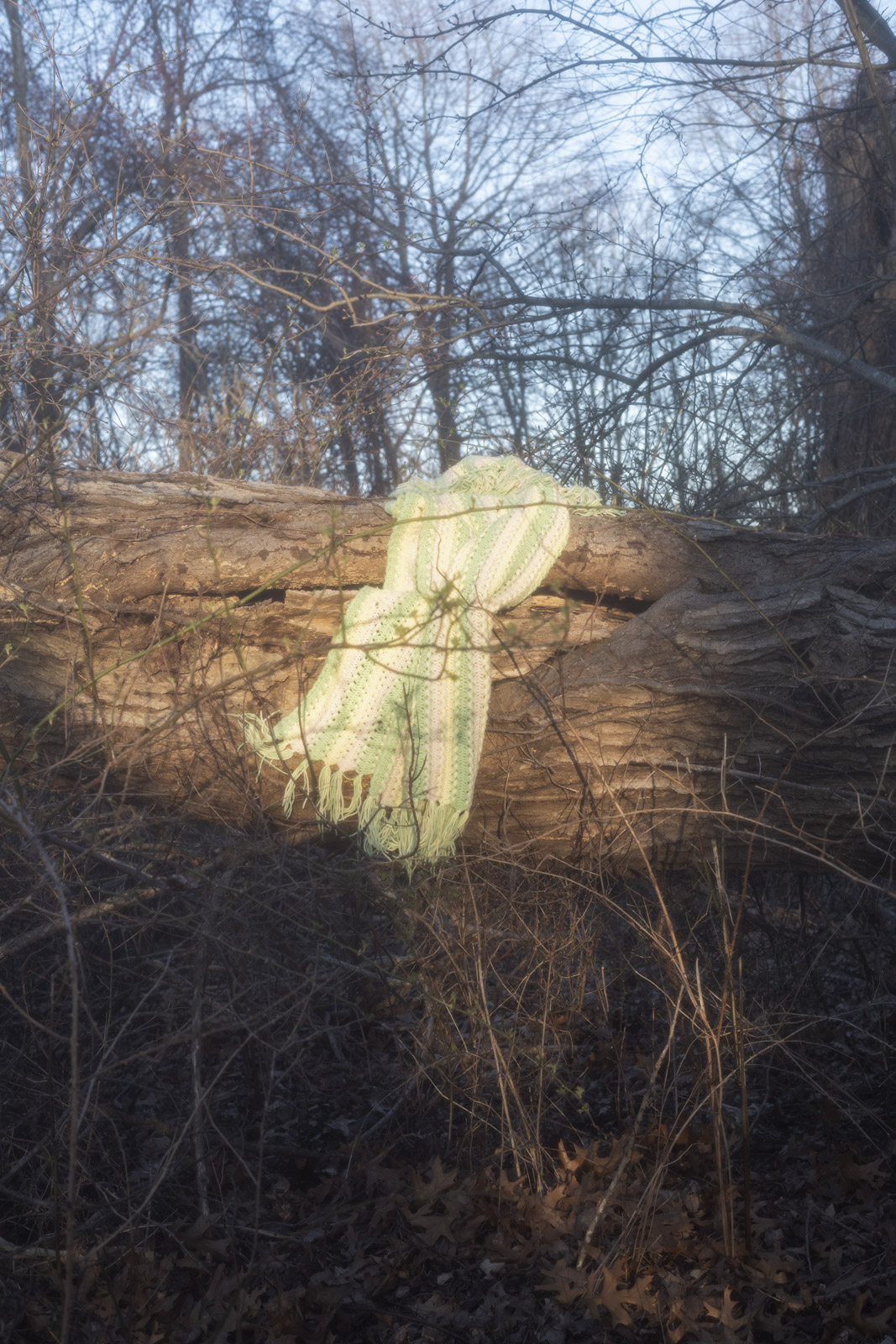
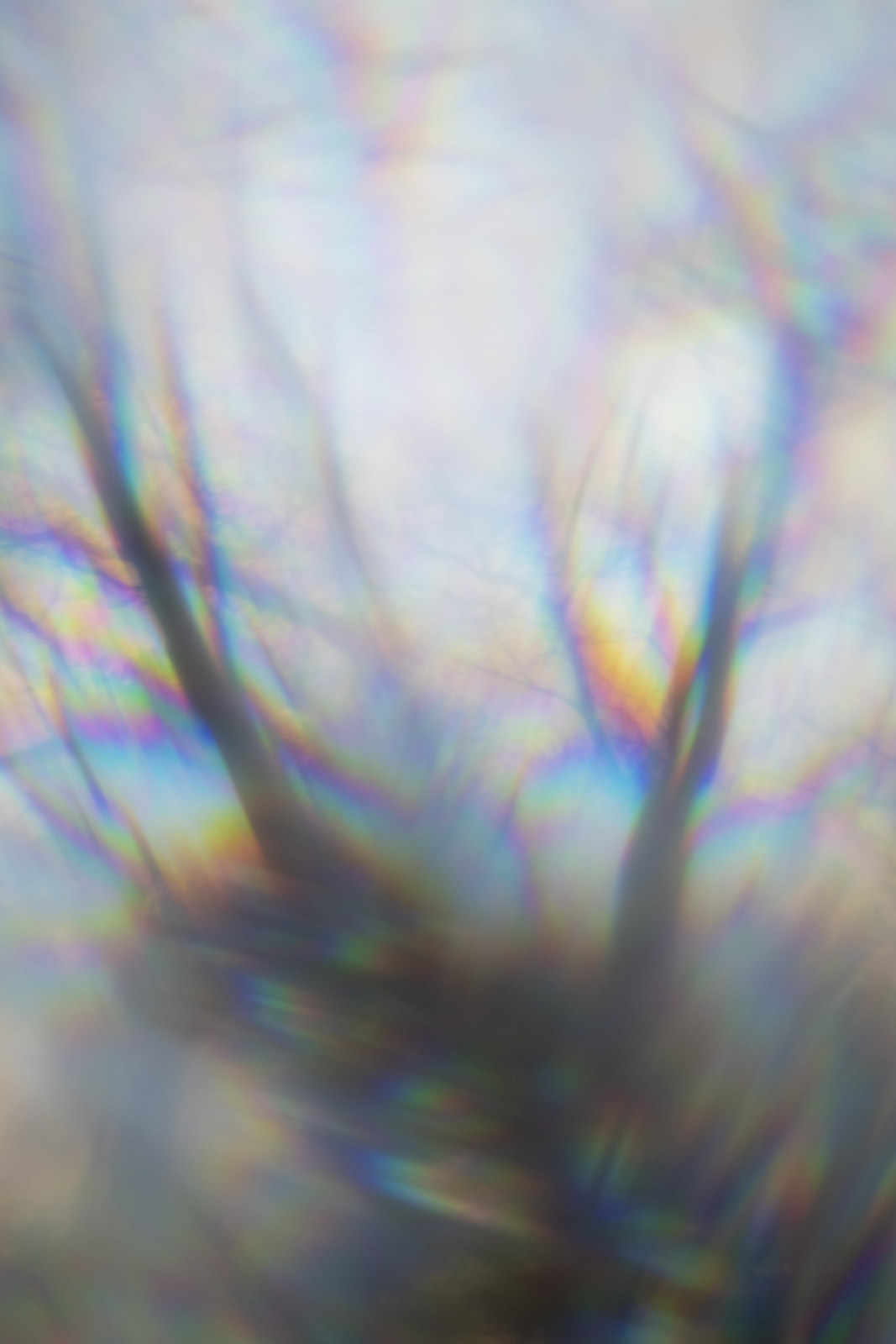
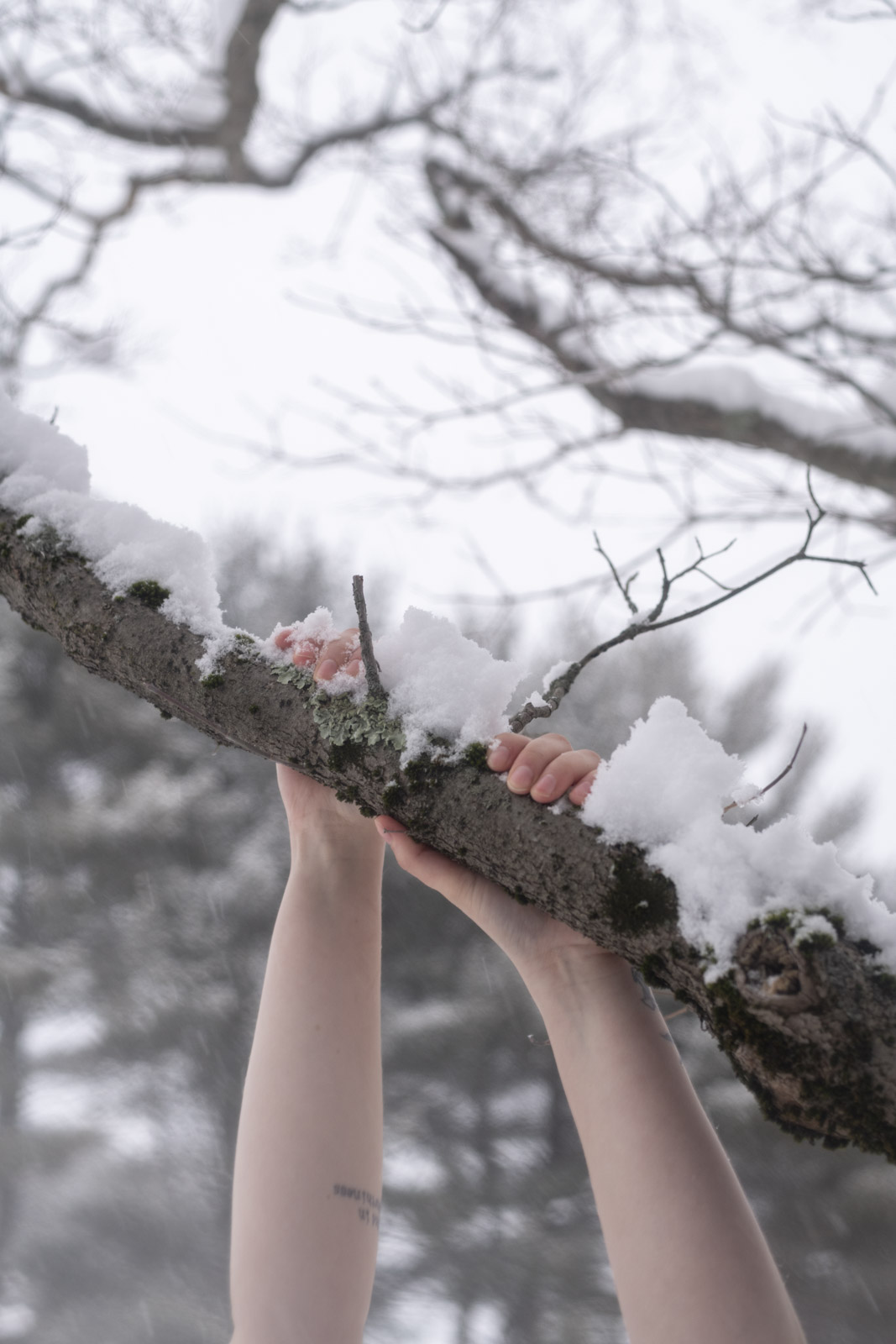
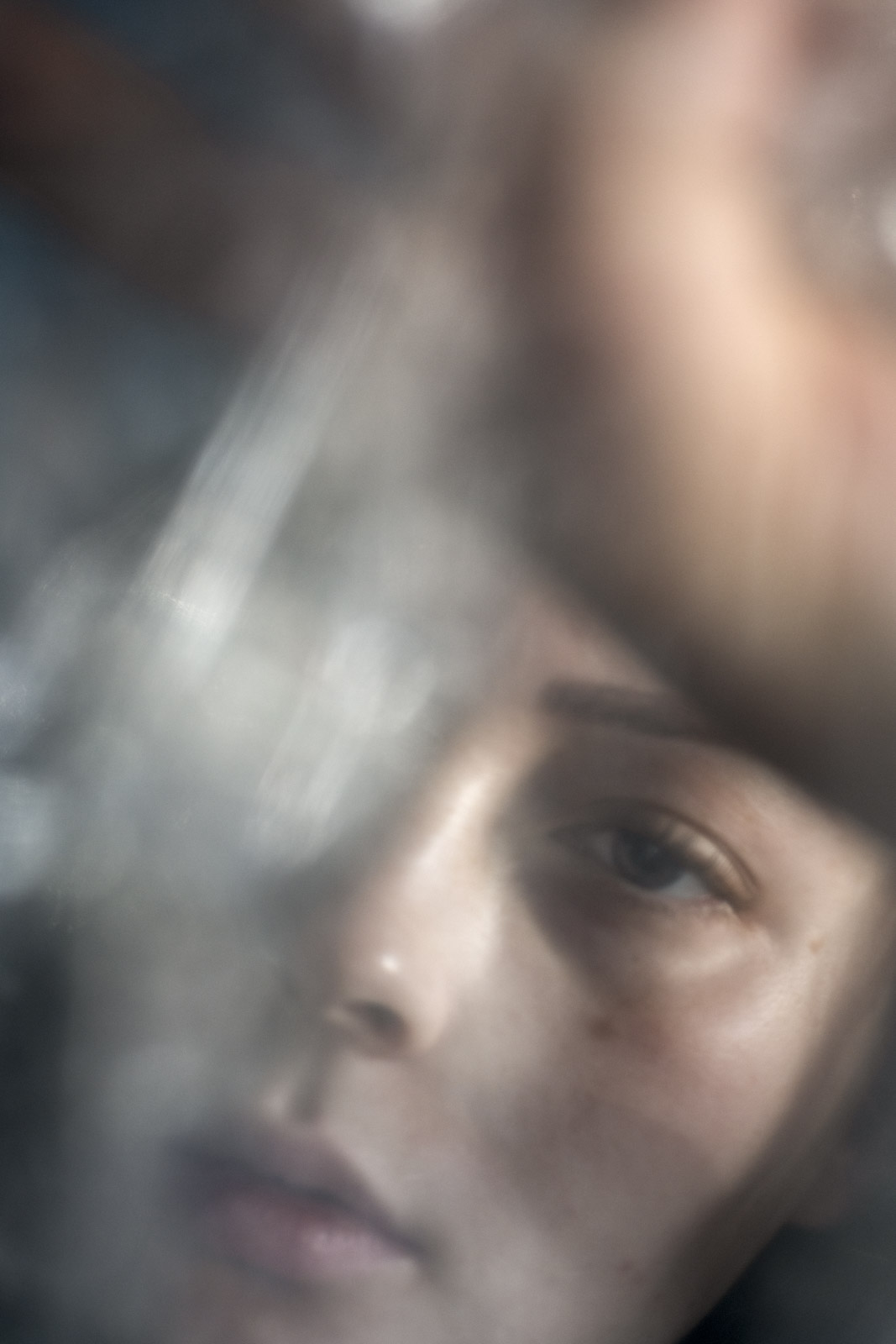
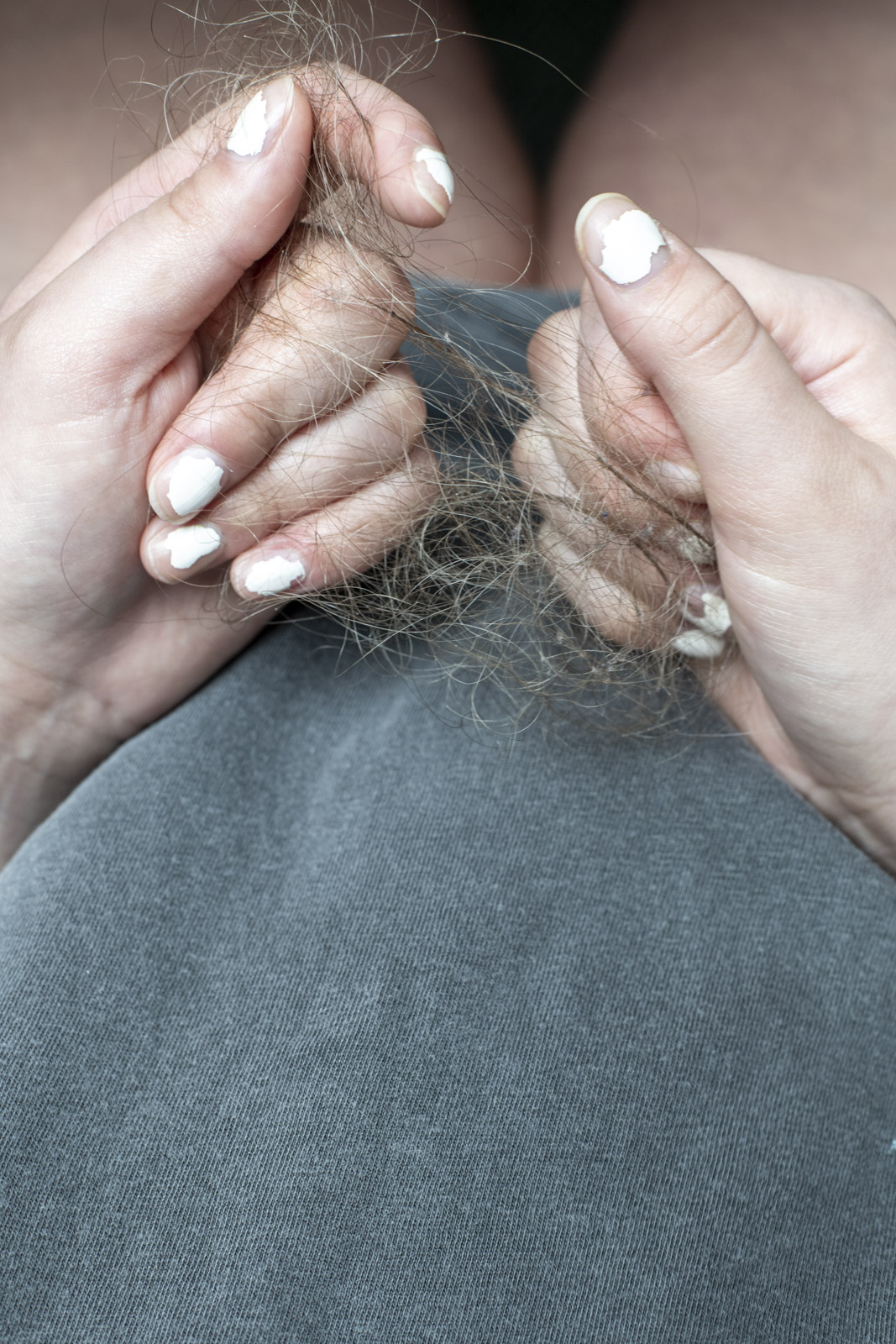
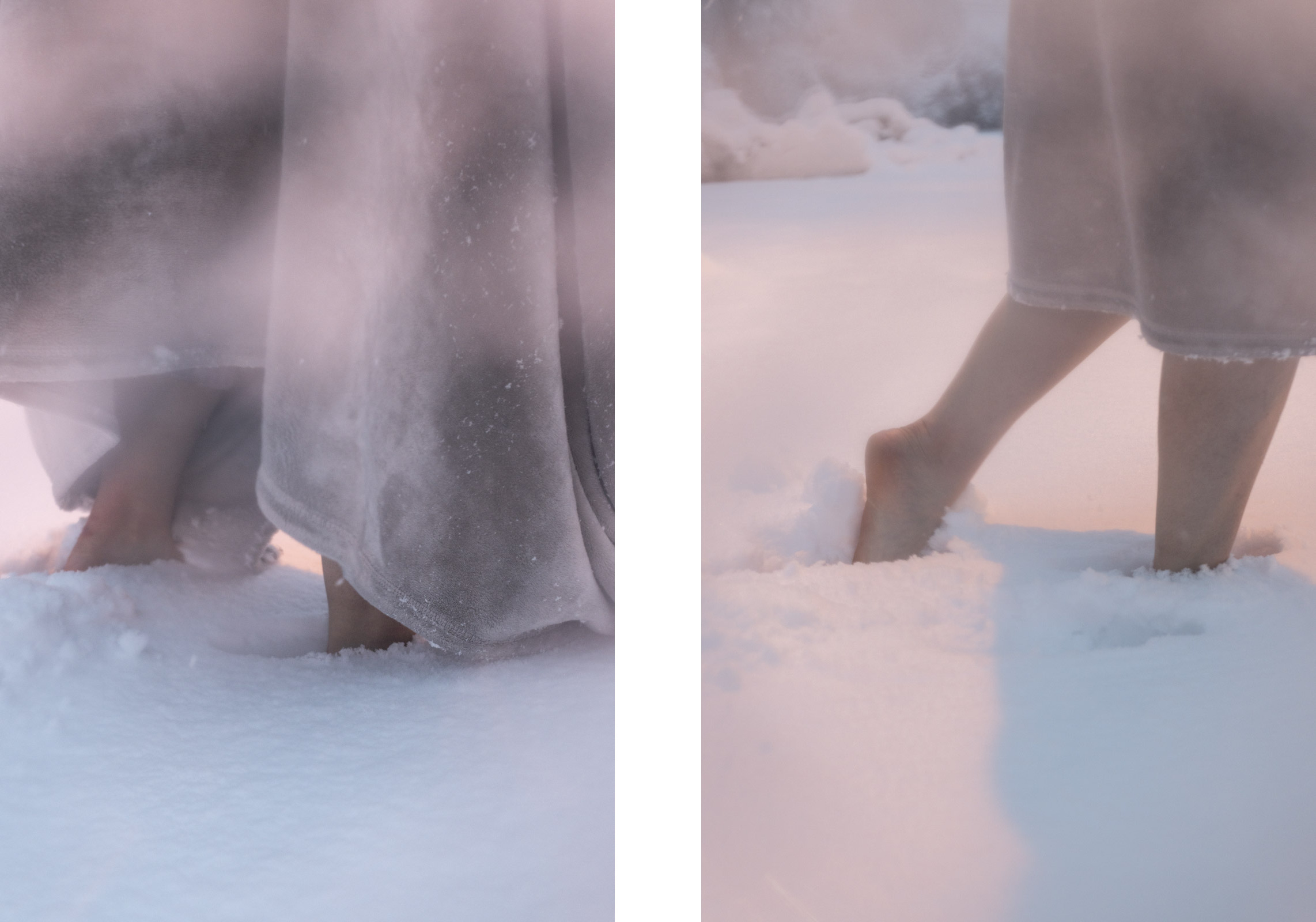
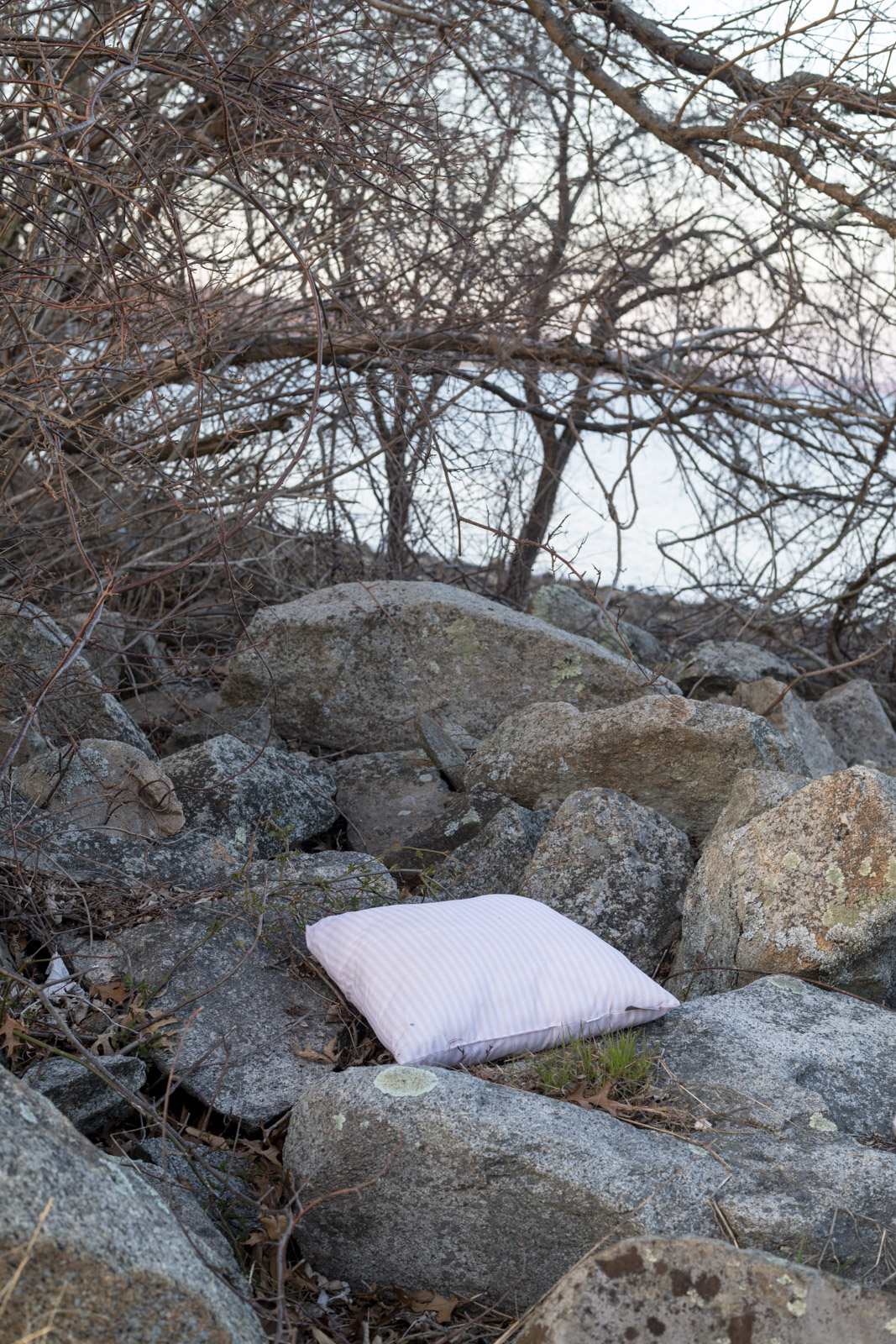
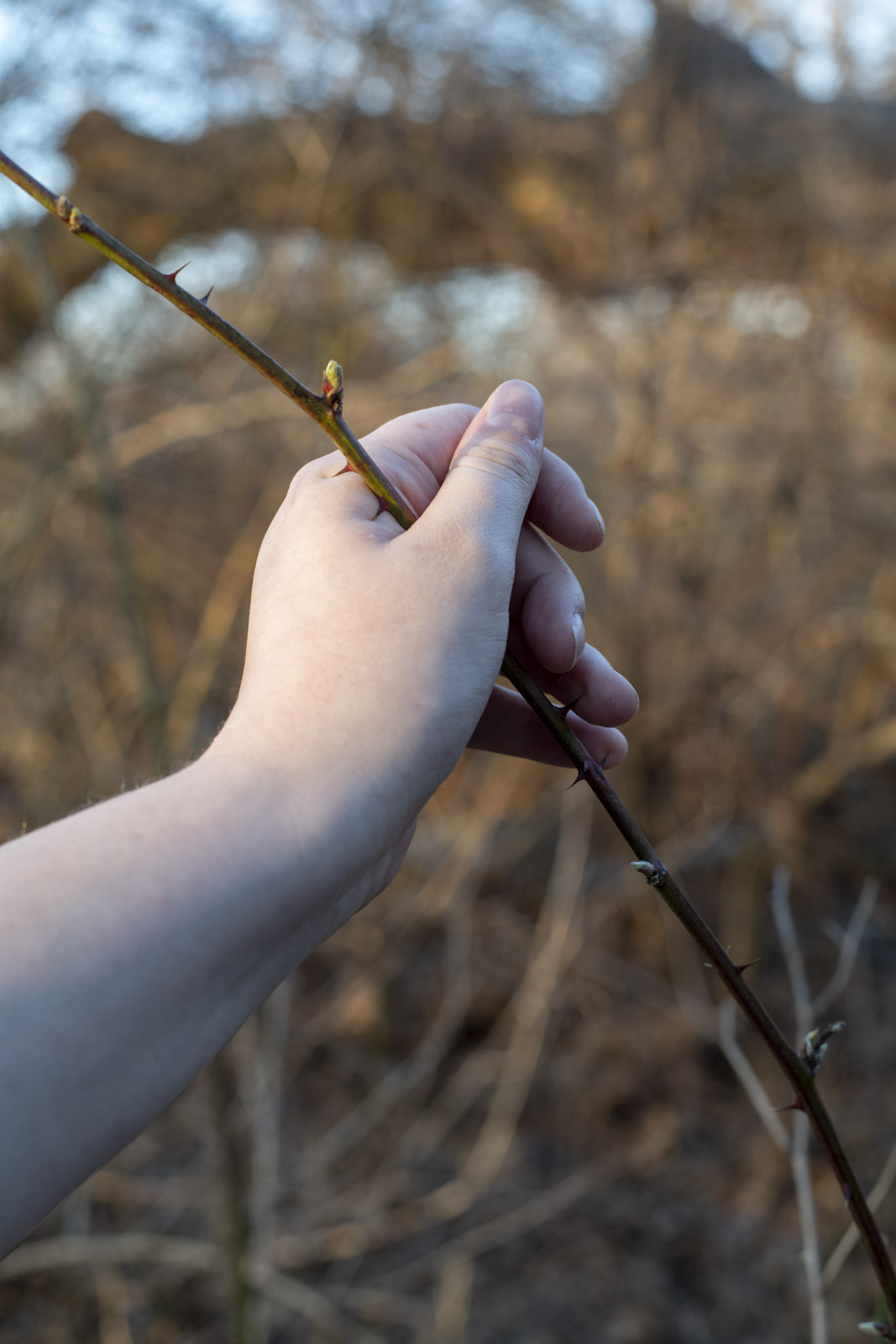
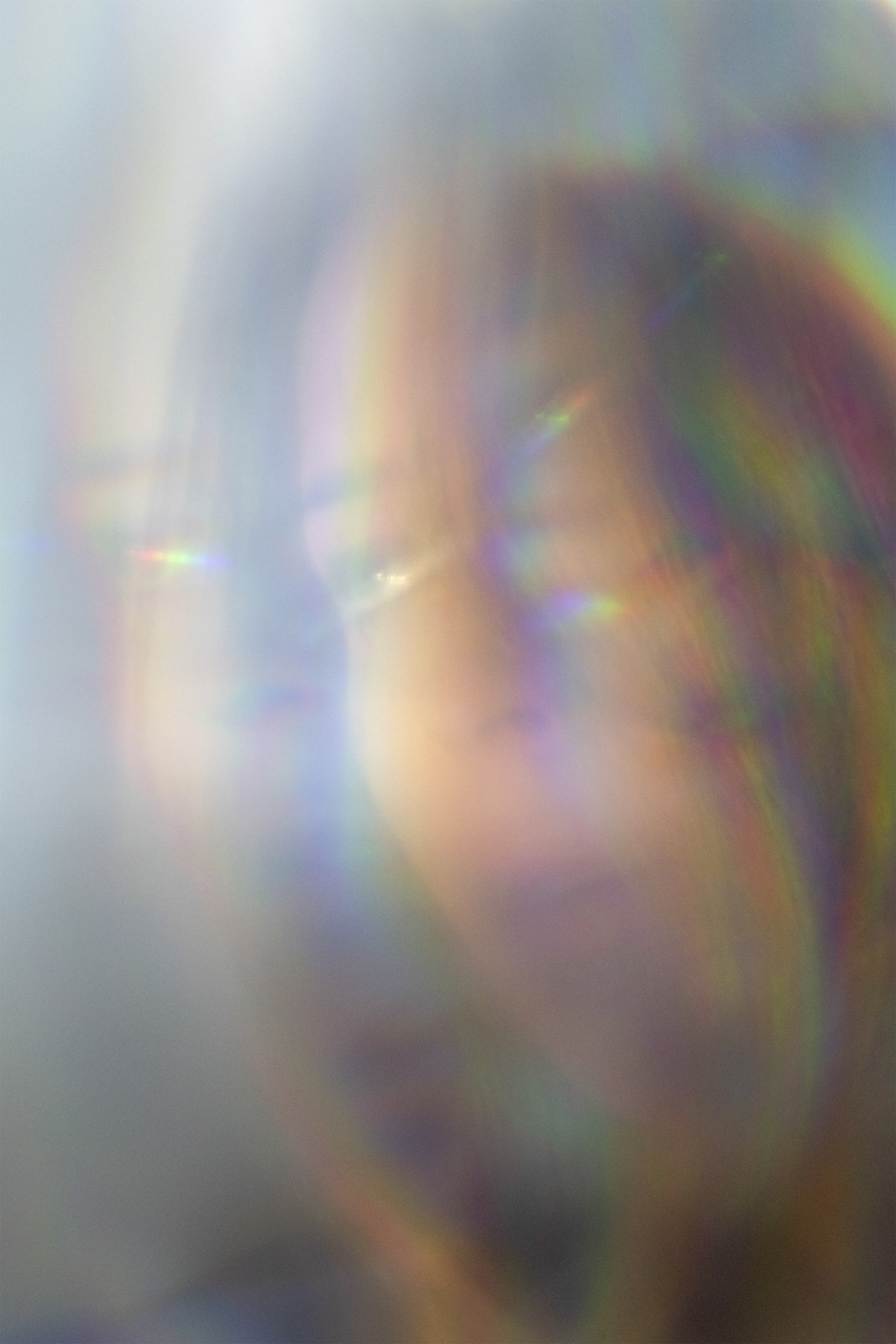
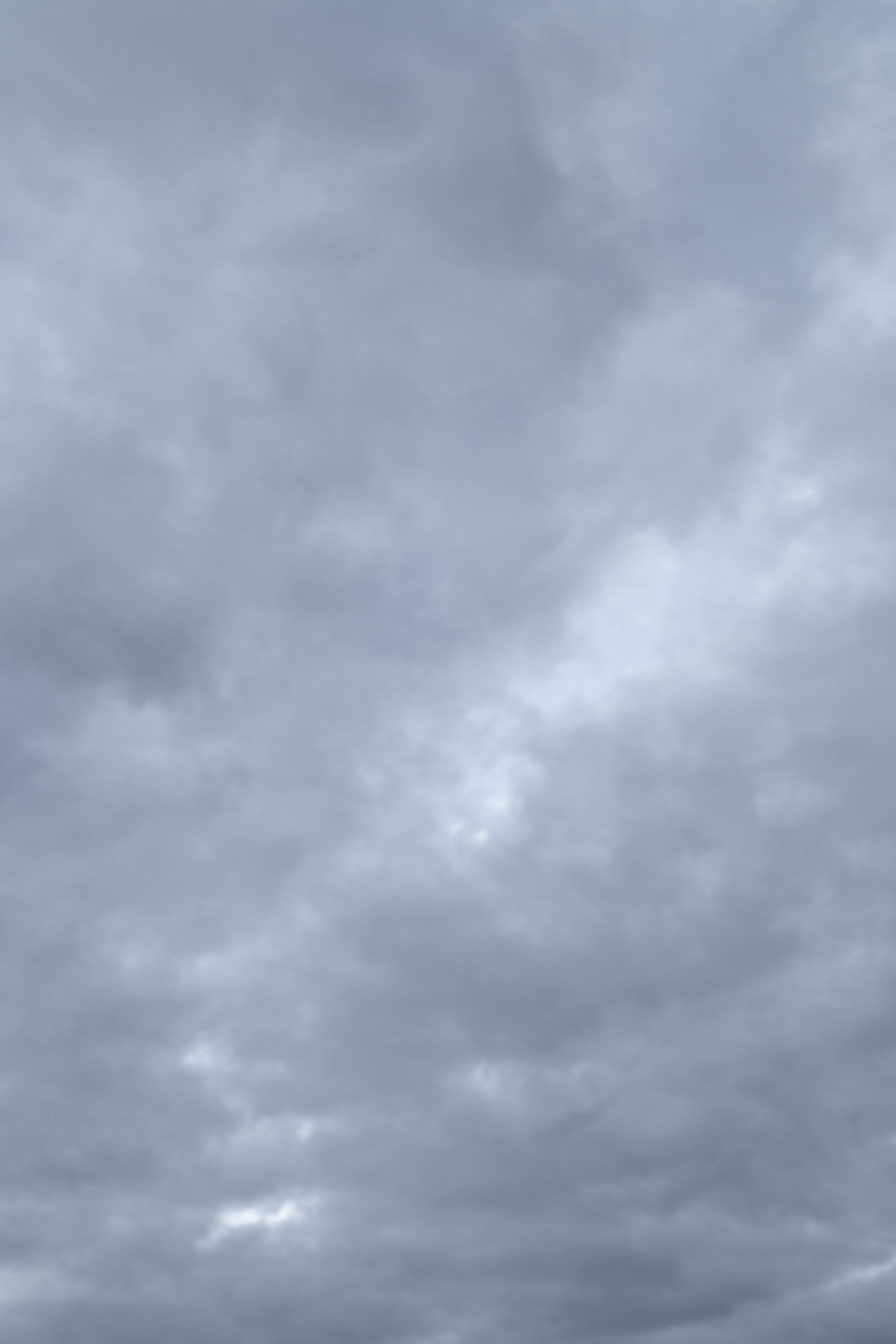















biography
Abigail Howe (She,her,hers) born in Minot, North Dakota focuses her photography on themes of identity and growth, mental illness, and an awareness of trauma and family. She finds inspiration in traveling, nature and the support from her friends and family. In her most recent project, she explores the bridge between trauma and dreaming during the process of healing.
interview
Abigail Howe in conversation with Jyoti Liggin
JL: Hi Abigail! Tell me a little about yourself: where are you from? And what drew you to photography?
AH: I was born and raised in North Dakota and moved around quite a bit. During high school we moved to Maine, where I went to a very artsy high school. I became interested in ceramics, jewelry, and photography. There I met Ms. Brown; she taught darkroom photography and really pushed me and my work. When I got to MassArt, I was interested in majoring in ceramics too but chose photography after taking an Introductory class.
JL: Where was your favorite place to live?
AH: My family now lives in Arizona but I think Maine will always be my favorite. I loved how rural it was and I miss being close to forests and the ocean.
JL: How would you describe the work you were making before you came to MassArt? And how would you describe the work you’ve made since?
AH: I didn’t do a lot of photography before coming to MassArt, it was when I came here that I really started to focus on it. I was really into painting in high school and did a lot of make up and backdrops for my high school’s theater program. When I took the black and white darkroom class, I feel like a lot of my photos were really stereotypical, and expected. Now my work is really personal and I use a lot of natural lighting with a subdued color palette.
JL: Do you think you prefer BW or color?
AH: I used to prefer black and white but now I think I prefer color. Color was-and continues to be-a fun challenge. When I was shooting in black and white, I’d focus on composition or the subject of the picture and now I have to think about how color influences the photographs too.
JL: Who or what are some of your influences when creating work?
AH: Sad music - I saw this thing on TikTok once that said “girls who listen to sad music when they’re happy are the most terrifying” and I completely agree. There’s something about that emotion that brings ideas to my head. My family and I are so close and our relationship inspires me to make my best work.
JL: How would you describe your current body of work? And does it have a title?
AH: My work now is mostly about trauma and how it affects dreaming. I think the actual term is ‘replicative nightmares.’ I mainly focus on why I have these nightmares and I dig deeper on common motifs. It has a really neutral color palette and some of the images are abstracted. I don’t have a solid title at the moment but I’ve been contemplating using ‘Lucid’ inspired by the process of lucid dreaming.
I’m conflicted though because the process gives the dreamer complete control of their dreams while I never have control in mine. However, I view this project as a way to gain control.
JL: Some of your earlier work at MassArt investigated personal trauma too. What compelled you to make work about it again, and so soon after the first project (a little over a year)?
AH: I want to revisit it when I’m at different stages of growth. The first project I did was during sophomore year and was shortly after what had happened. The project was really aggressive and it was obvious what occurred, I think my current project is more vague and focuses more on the lasting impacts, versus the actual event. I hope that, if I continue to investigate it over time, people will start to see themselves and how they cope with their own trauma in the work.
JL: How will you know that current work is done? Is there a specific conclusion you are looking for? If you were to reproach the topic, would it be a new project/body of work?
AH: I don’t know. There’s only so much one can do with dreaming, so I’m guessing I’ll stop within the next year or so. Eventually, I hope to continue to explore my personal trauma, but from a different angle.
JL: What is next? What are your goals for the future?
AH: I’m not entirely sure. I’m looking for any opportunity that has valuable experience but I also don’t want to do anything [photography related] right now. I’ve thought about enrolling in a cosmetology program because it would open a lot of doors but I also think it would be a practical skill to have as a photographer. I think grad school is also on the table, but not anytime soon.
JL: Thank you Abigail for talking with me today, it was great getting to know you.